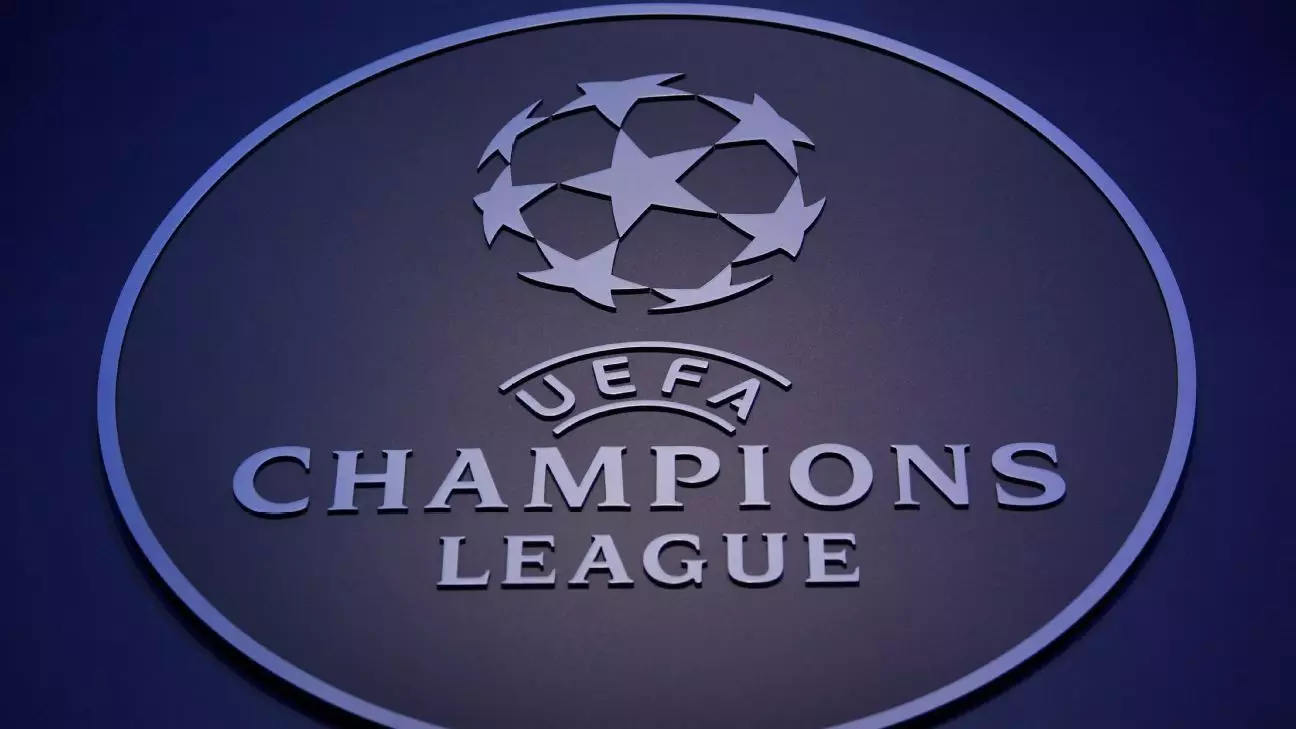The UEFA Champions League is the crowning jewel of club soccer in Europe, captivating millions of fans across the continent and beyond. This prestigious tournament, originally launched as the European Cup in 1955, continues to serve as a platform for the best clubs to showcase their talents and compete for glory. With a structure that allows for intense competition and breathtaking moments, the Champions League stands as a testament to the spirit of football. This article explores the intricacies of the tournament, its rich history, notable records, and what makes it an annual highlight in the football calendar.
The Champions League operates on an impressive scale, with 36 teams that qualify from the most competitive leagues in Europe. Each season begins with three qualifying rounds followed by a playoff round. These initial rounds lead into the group stage, where each team plays eight matches against a diverse set of opponents. The tournament format is designed to foster competition, as teams vie for a place in the coveted knockout phase, where the stakes are raised significantly.
In the standings, the top eight clubs advance directly to the Round of 16, a testament to their consistent performance. Meanwhile, those ranked from ninth to twenty-fourth enter a knockout playoff, adding an extra layer of drama as teams compete for the remaining spots. This structure ensures that every match carries weight, creating an exciting atmosphere that resonates with fans and players alike.
The inaugural Champions League title was claimed by Real Madrid in the 1955-1956 season, marking the beginning of a storied legacy. The Spanish giants not only won the first championship but also dominated the early years of the tournament, securing the first five titles consecutively. Their influence on the competition cannot be overstated; Real Madrid has since become the most successful club in Champions League history, capturing the trophy an astonishing 15 times.
Other clubs have also left their mark, with AC Milan following as a notable contender, having won the trophy seven times. Liverpool and Bayern Munich are tied for third place, each boasting six titles. These achievements showcase the fierce rivalry and passionate pursuit of success that define this tournament.
Beyond the players, the managers have also played a crucial role in sculpting the Champions League narrative. Carlo Ancelotti stands out as the most successful manager in the history of the competition, having secured five titles throughout his illustrious career. His victories with both AC Milan and Real Madrid highlight his tactical brilliance and adaptability. Ancelotti’s legacy is complemented by other renowned managers like Pep Guardiola and Zinedine Zidane, both of whom have claimed the trophy multiple times.
The managerial strategies implemented during these high-stakes matches can often determine the outcome and have a lasting impact on the clubs involved. The ability of a manager to inspire their players and navigate the challenges of the tournament is pivotal in achieving success in Europe’s most prestigious competition.
The Champions League is not just a showcase of elite football; it serves as a global phenomenon attracting viewers from around the world. The matches, which typically take place between September and January, draw massive television audiences and provoke immense passion among fans. Stellar performances, dramatic moments, and unexpected upsets have made the tournament a highlight in sports broadcasting.
Indeed, the Champions League is more than just a competition; it is a unique festival of football rich with stories, rivalries, and unforgettable moments. It inspires the next generation of footballers and unites fans across borders, as they rally behind their clubs in pursuit of glory.
As the tournament continues to evolve, one thing remains clear: the UEFA Champions League preserves its status as the pinnacle of club football, celebrating the beautiful game at its finest and captivating hearts each time a match kicks off.

